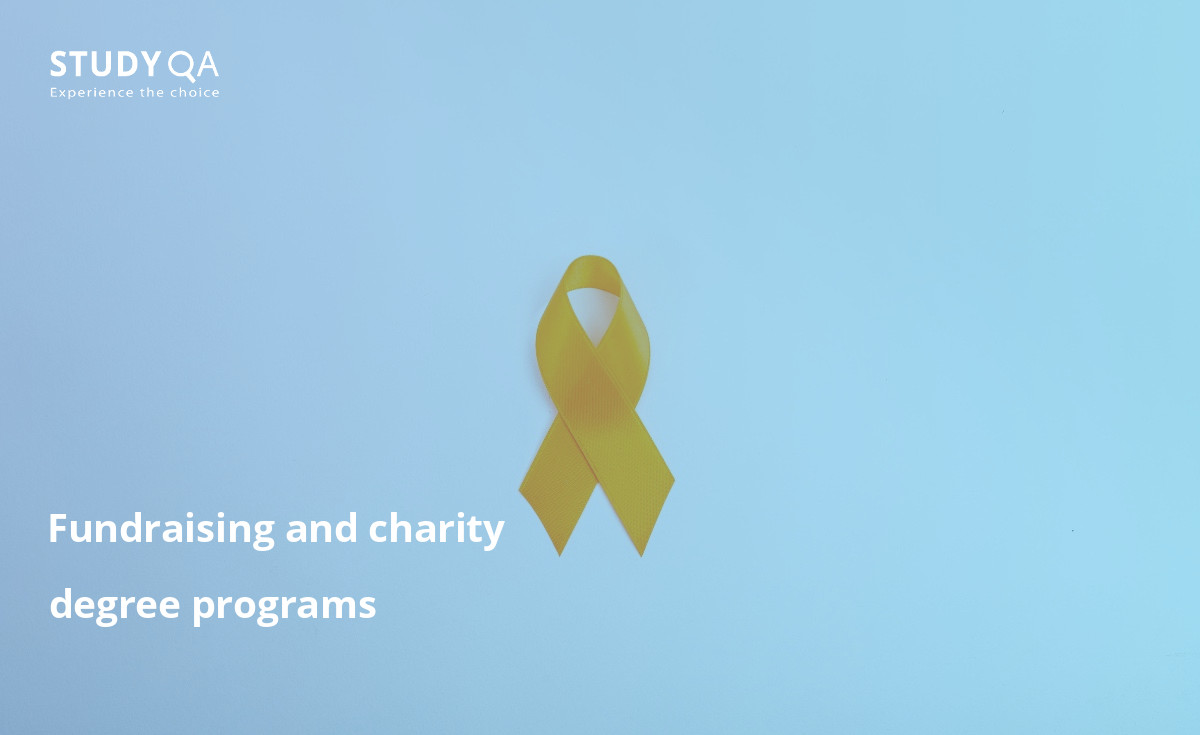Fundraisers can begin working without any formal qualification, but most Fundraisers complete a bachelor’s degree in areas including public relations...
Fundraisers can begin working without any formal qualification, but most Fundraisers complete a bachelor’s degree in areas including public relations, communications or business. Other degrees such as journalism and social work can also boost chances of employment. These undergraduate programs aren’t essential, but they may help larger businesses or charities notice you when it comes to finding employment.

In-demand professions
Among the most popular programs of study for aspiring fundraisers are business, communications, public relations, journalism. Certain institutions now offer bachelor’s degree programs that specialize in fundraising or philanthropic studies. Whichever major you choose, studying subjects like marketing, grant proposals, annual campaigns, planned giving, and major gifts can help you build a strong educational background to draw on in your work as a professional fundraiser. In addition to earning a formal education, you will need past experience volunteering, interning or working for a nonprofit charitable organisation.
In addition to earning a formal education, you will need past experience of volunteering, interning or working for a nonprofit charitable organization to make your résumé appealing to prospective employers. If your volunteer, internship or professional work allows you the opportunity to interact with potential donors directly, the experience is especially valuable in preparing you for a fundraiser role.
Overall, charities tend not to have the resources to invest in training programs for school leavers or graduates, so you may need to apply for entry-level jobs whatever your credentials. Alternatively, you could gain skills and experience working for another type of organisation before seeking a role with a charity.
If your degree program includes modules that could be relevant to the career you want, make sure you take them. For example, if you are studying marketing you might be able to take a module on non-profit marketing. If you are studying a business or finance-related subject and have the opportunity to choose a charitable or non-profit organisation for a case study, this could deepen your understanding and help you to convince employers of your commitment.
Career opportunities
Charity employers will want to see that you have relevant work experience. So if you’ve set your heart into a philanthropic career, make sure you look out for volunteering and internship opportunities when you’re a student. Getting involved in organising events and fundraising could help you when it comes to applying for jobs, as will take on leadership positions.
Charity graduate schemes are few and far between and likely to be highly competitive. You’ll need to stand out to be in with a chance, and that means having both plenty of work experience and a strong academic record. Fundraisers are the business professionals who devise and coordinate fundraising campaigns and events on behalf of nonprofit charities and organizations. A career in professional fundraising is especially well-suited to candidates who are good leaders and communicators and are well-organized when dealing with the details of an event or campaign strategy.


